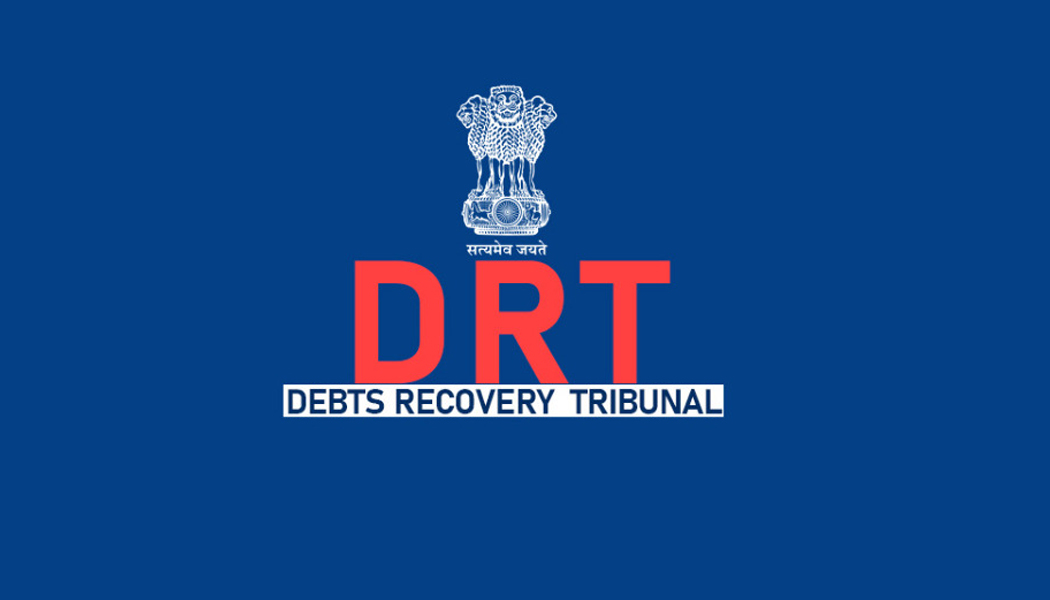
What powers do DRTs have in adjudicating cases?
What powers do DRTs have in adjudicating cases?
Debts Recovery Tribunals (DRTs) in India are vested with several powers to adjudicate cases related to debt recovery efficiently and effectively. These powers enable DRTs to conduct fair and expeditious proceedings and ensure compliance with their orders. Here are the key powers that DRTs possess:
- Summoning and Examination of Witnesses: DRTs have the authority to summon and examine witnesses who can provide relevant testimony or evidence pertaining to the case. This power allows DRTs to gather information and assess the merits of the case based on witness statements and testimonies.
- Production of Documents: DRTs can compel parties to produce documents, records, or other evidence relevant to the case. This includes loan agreements, promissory notes, bank statements, mortgage documents, and any other records that may help in determining the extent of the debt and the default.
- Recording of Evidence: DRTs have the power to record evidence presented by parties during the course of proceedings. This includes oral testimony of witnesses, documentary evidence, and any other relevant information submitted by the parties to support their claims or defenses.
- Passing Orders for Recovery: One of the primary powers of DRTs is to pass orders for the recovery of debts owed to banks, financial institutions, or asset reconstruction companies. These orders may include directions for the attachment and sale of the debtor’s property, garnishment of wages, or any other measures deemed necessary to recover the outstanding dues.
- Issuance of Recovery Certificates: DRTs can issue recovery certificates against the debtor, directing the concerned authorities to recover the outstanding dues as arrears of land revenue. This provides a legal mechanism for enforcing the recovery orders passed by the DRT.
- Granting Interim Relief and Injunctions: DRTs have the power to grant interim relief or injunctions to preserve the status quo or protect the interests of parties during the pendency of proceedings. This includes orders to restrain the debtor from disposing of assets or transferring properties until the final resolution of the case.
- Enforcement of Orders: Once recovery orders are passed by the DRT and become final and conclusive, the tribunal has the authority to enforce these orders through various means, including attachment and sale of the debtor’s assets, garnishment of bank accounts, or any other measures as prescribed by law.
- Contempt Powers: DRTs have contempt powers to ensure compliance with their orders and directions. Parties failing to comply with DRT orders may be held in contempt of court, leading to penalties or sanctions imposed by the tribunal.
Overall, the powers vested in DRTs enable them to effectively adjudicate cases related to debt recovery, ensuring prompt resolution of disputes and enforcement of recovery orders in accordance with the law.
Disclaimer: This information is intended for general guidance only and does not constitute legal advice. Please consult with a qualified lawyer for personalized advice specific to your situation
Adcocate J.S. Rohilla (Civil & Criminal Lawyer in Indore)
Contact: 88271 22304
